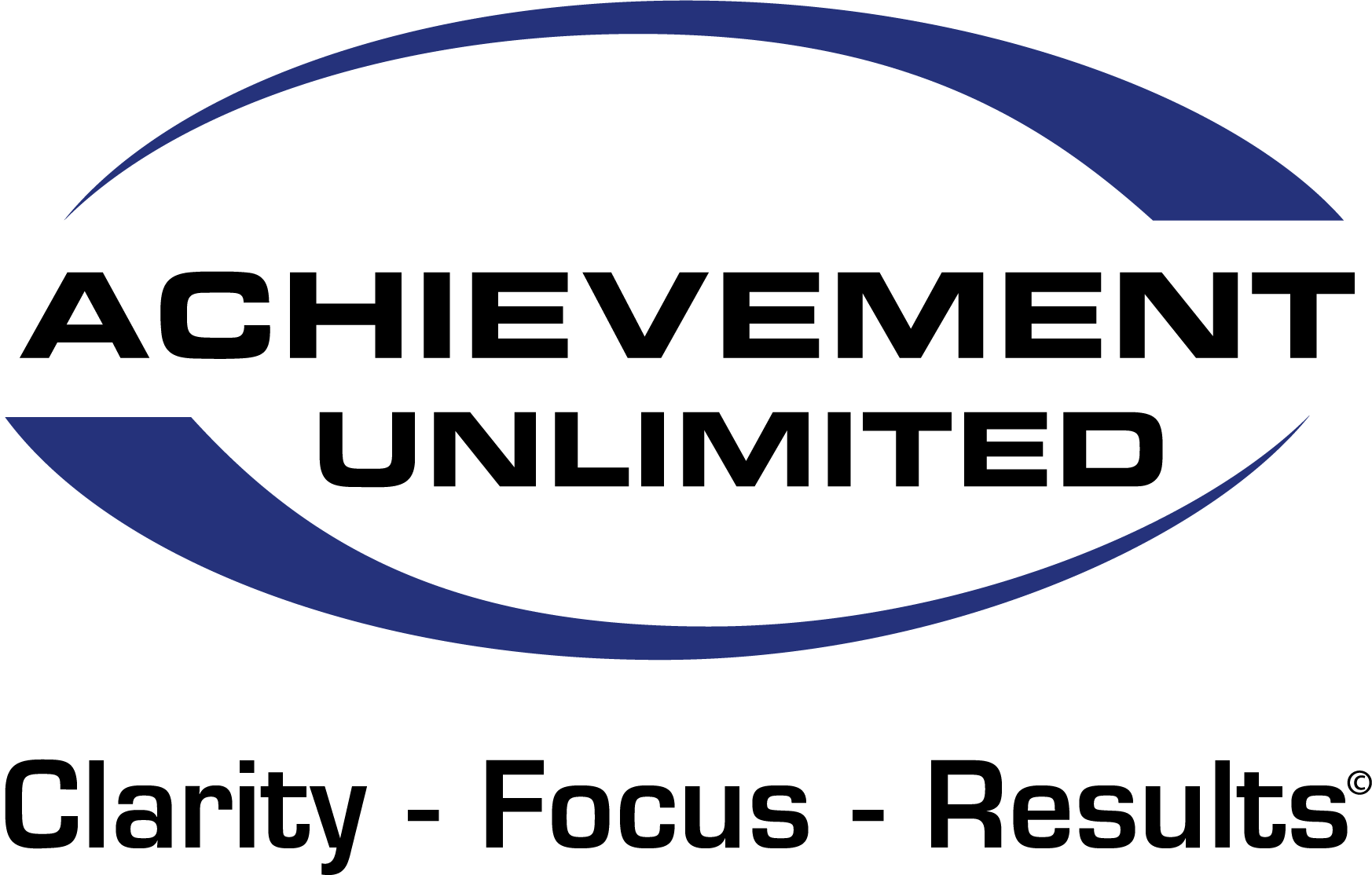
Where will your business be in three to five years?
As the president or CEO, are you prepared to cope with the changes in the economy, the impact of global competition, and the changing demands of customers and suppliers? If there is one constant in the age in which we live, it is change and the uncertainty it brings. And this uncertainty is a fundamental reason for developing a strategy
The common question asked is: How can I develop a strategy for my company in a world where the only constant is change? Most people are averse to planning in the first place. Their biggest fear is that of setting a rigid plan that will hinder their ability to respond quickly.
I have always been a proponent that this is precisely the time you need to be proactive with a strategy. Having no strategy and a plan for implementing that strategy is like sailing a ship without a rudder, letting the wind take you where it may.
Strategy is the process of planning and thinking about how to position your company and allocate your scarce resources to optimize your success moving forward. In the current environment, you need to have a strategy to thrive; otherwise, our only motivation is survival. Peter Drucker says the best way to predict the future is to create it. I believe that, even though we don’t know how the future will unfold for all of us, we are better off having a strategic plan, so we have some idea of where we are going and why we are going there. In this day and age, we need to have a crystal-clear focus on our guiding principles, our shared values, our vision, mission, and purpose and our unique value proposition. This is a living document that is communicated throughout the organization for optimal success.
The strategic planning process is one of the most powerful tools you have in your arsenal to improve organizational focus and effectiveness. Again, no one can predict the future, but rather than sit back and wait for it to happen, the effective executive plans and anticipates what lies ahead.
A good strategic plan:
crystallizes thinking to be more proactive and gain greater clarity of priorities
creates a sustainable value proposition to gain a competitive advantage
creates shared values and guiding principles
develops a system to inspire and motivate change
aligns strategic employee intentions with company
communicates strategy to stakeholders to gain support for the plan
creates a plan of action to implement the plan and track results

Recent Comments